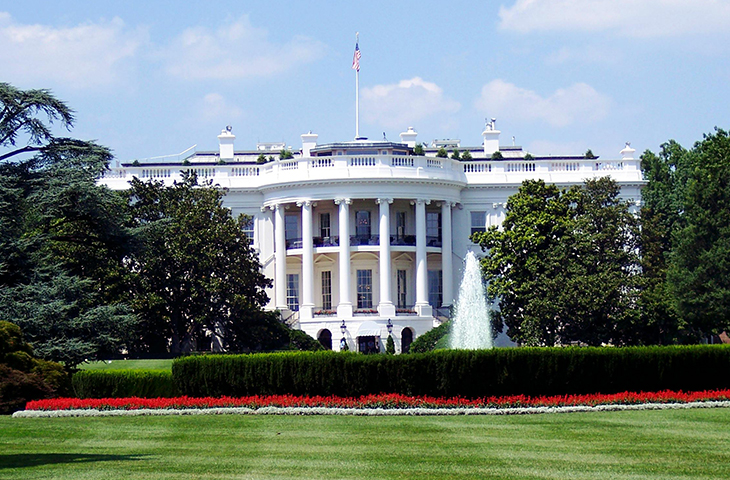Berlin Gears Up For Trump Era As Merz Picks New Foreign Minister

BERLIN — Johann Wadephul, a veteran conservative and defense policy expert, is set to become Germany’s next foreign minister at a crucial juncture in Europe’s relationship with traditional allies and adversaries.
His appointment under Chancellor-designate Friedrich Merz of the center-right Christian Democratic Union (CDU) marks a significant pivot to a more security-driven and transatlantic foreign policy — and could reshape Berlin’s stance toward Moscow and Beijing.
Wadephul, a member of the Bundestag since 2009 and deputy leader of the CDU’s parliamentary group, has long been one of the most outspoken Atlanticists in German politics. He has consistently advocated for stronger German military support for Ukraine, deeper integration within NATO and a more critical stance on China’s growing influence in Europe.
In light of United States President Donald Trump placing into question the fundamental nature of the transatlantic alliance, Wadephul has been clear-eyed in his assessment of the challenge.
In an interview with German daily Frankfurter Allgemeine, he described the recent confrontation by Trump and Vice President JD Vance against Ukrainian President Volodymyr Zelenskyy at the White House as “shocking — both emotionally and intellectually.” Wadephul warned that, despite the unpredictability of American politics under Trump, he had not expected “such a reversal of responsibility for the war in Ukraine.”
Although he believes that “America stands by NATO,” Wadephul cautioned that some recent acts and statements in Washington are “disturbing” and do not reflect the relationship between true allies.
He pointed to widening value gaps with the U.S., noting that Germany would not expel journalists from press conferences, cut funding to politically disfavored universities or “so openly favor a technology platform operator like Elon Musk through government action.”
Germany, he argued, must prepare for greater strategic independence. Wadephul stressed, “There is plenty of reason for Europe to become sovereign.”
His nomination in Merz’s incoming grand coalition with the center-left Social Democratic Party (SPD) comes as European allies grow increasingly concerned about U.S. security guarantees and internal divisions within the European Union.
While previous German foreign ministers — including Annalena Baerbock of the Greens — balanced economic pragmatism with values-based diplomacy, Wadephul is expected to drive a harder strategic alignment with Washington and Paris, despite Trump’s turn away from Europe. Defense spending, energy security and resilience against hybrid threats will likely become top priorities.
Wadephul’s track record suggests Berlin will push for tighter controls on Chinese investment in critical sectors, and for stronger EU coordination on technology exports and infrastructure protection.
He has been a vocal advocate of sustaining military and financial support for Ukraine “as long as necessary,” and is expected to back broader NATO enlargement and an expanded security footprint in Eastern Europe.
For German industry — particularly the export-heavy manufacturing sector, which has deep ties with China — Wadephul’s appointment could signal a shift away from commercial diplomacy toward a security-first economic policy.


